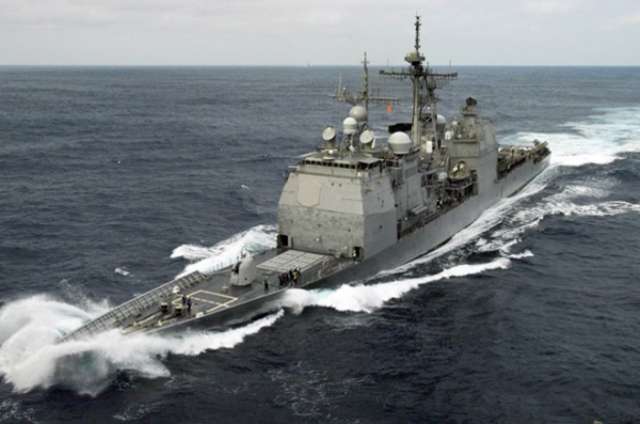Pyongyang regularly describes the drills as a prelude to invasion and says they justify its nuclear and missile-testing program. In response to a five-day joint air exercise on the peninsula involving 230 aircraft and 12,000 American troops earlier this month, North Korea threatened to take the “highest-level hard-line countermeasure in history.”
The Winter Olympics will run Feb. 9-25, with the Paralympics taking place March 9-18. The last Foal Eagle exercise, which consisted of ground, air, naval and special operations field drills, started in early March and ran through April, overlapping with the Key Resolve exercises that focus on computer simulations.
Postponing the drills could help create conditions for talks between the U.S. and North Korea. China has called on the U.S. to halt exercises and start talks with Pyongyang, part of its “suspension-for-suspension” proposal that would also require Kim to freeze nuclear and missile tests. Still, the U.S. has repeatedly rejected the proposal, arguing that its drills are defensive in nature.
President Donald Trump has also frequently threatened military force against Pyongyang. Suspending the drills could be seen by North Korea as a concession to Kim Jong Un at a time Trump is seeking to project strength.
Still, "with no formal dialogue channels ongoing, it’s hard to get the other side to make a promise," said Choi Young Jin, a former South Korean ambassador to the U.S. A delay in the drills "could be quite a good diplomatic accomplishment as the two sides could tap each other’s intentions and wills" for future talks, he said.
More about: #US #South-Korea
















































